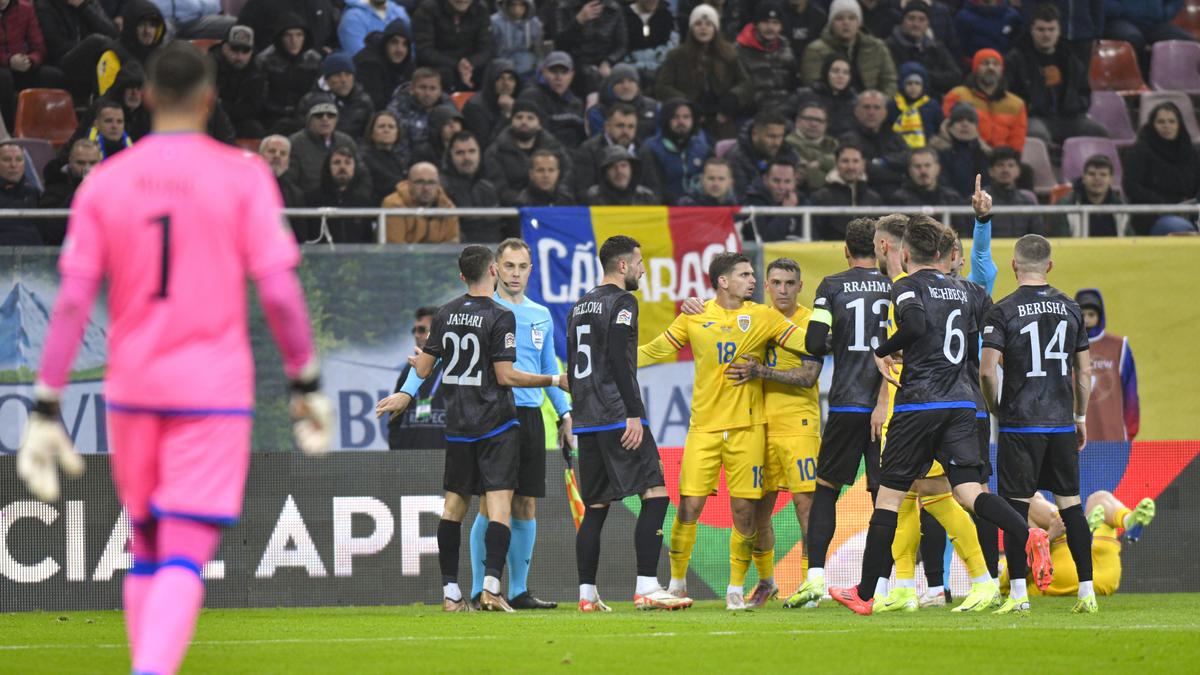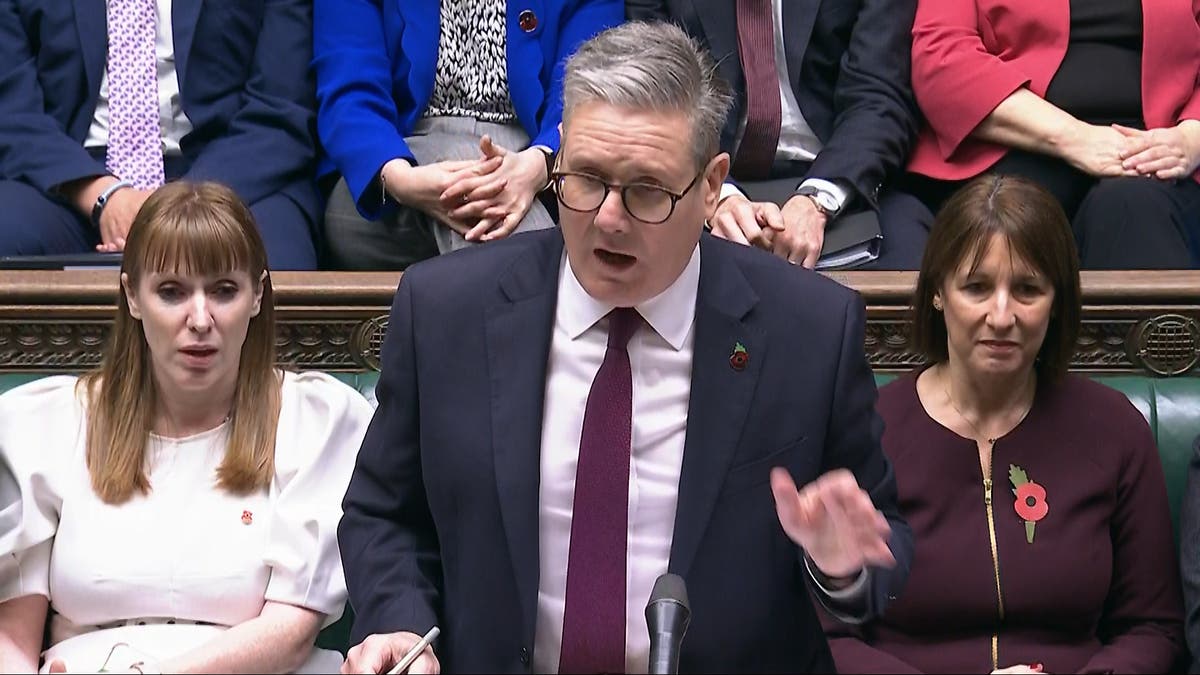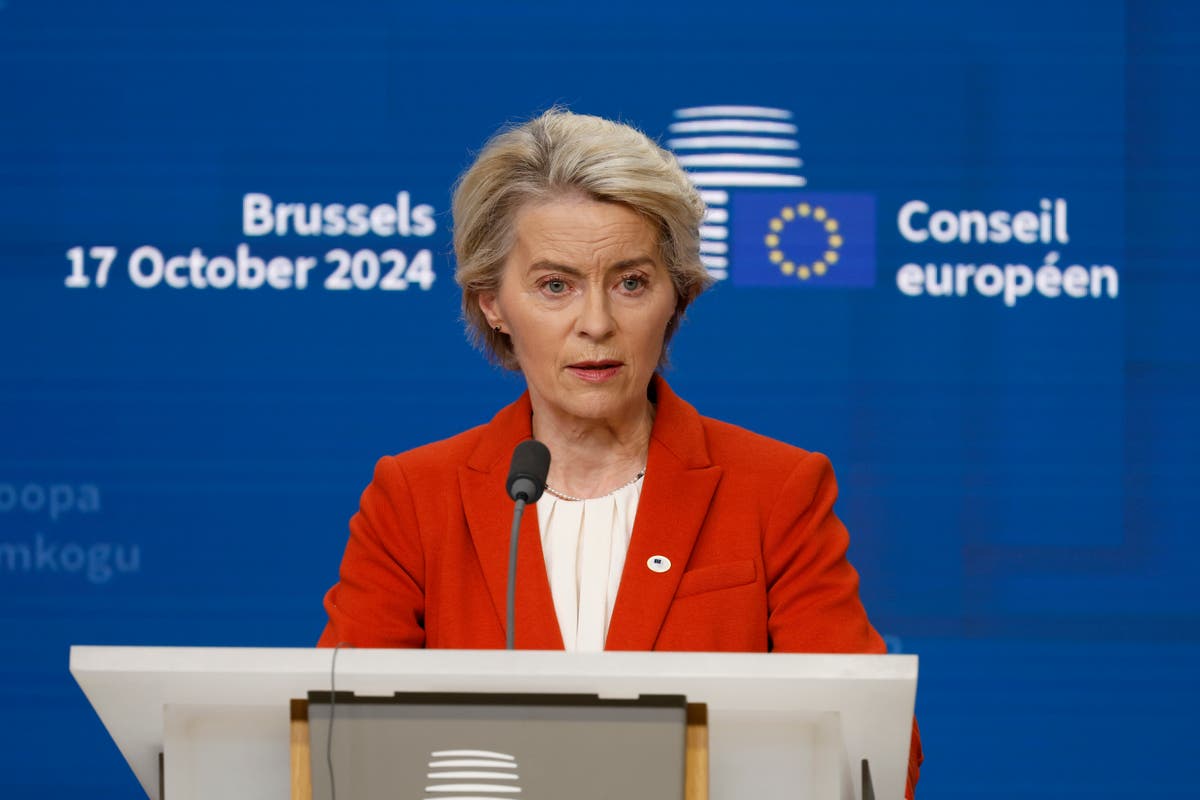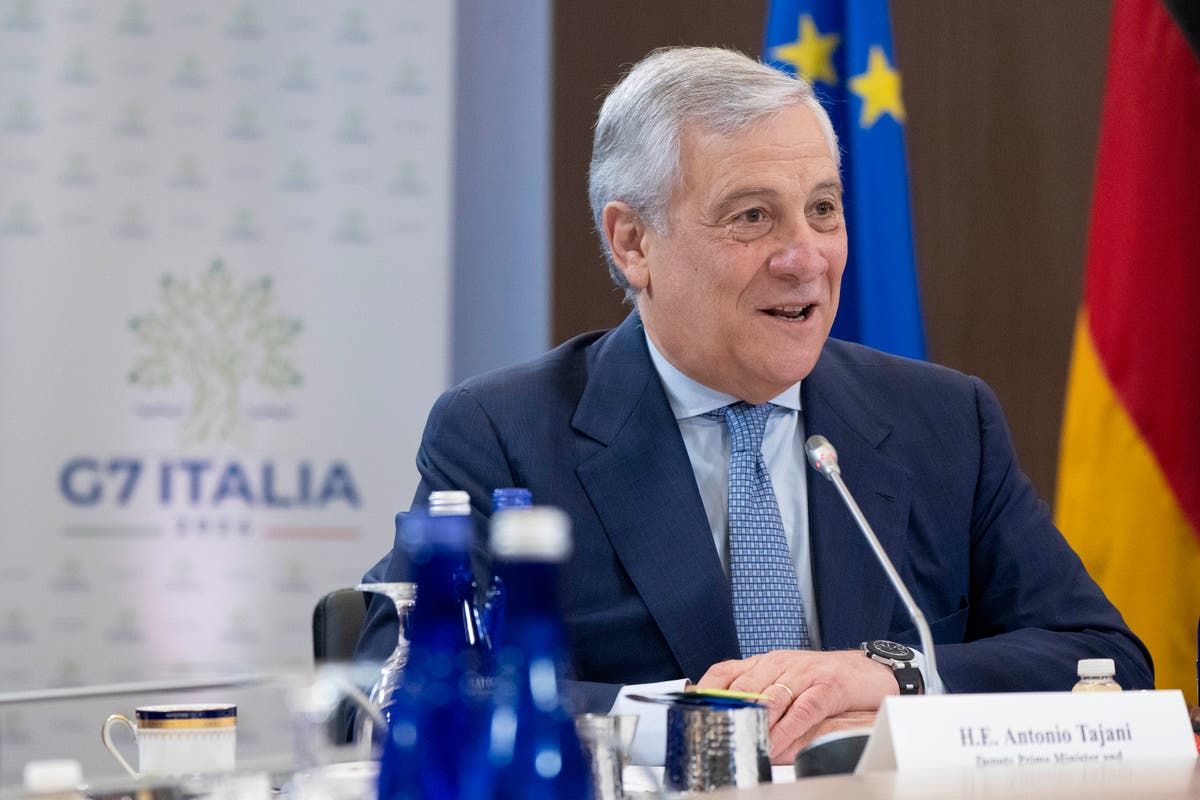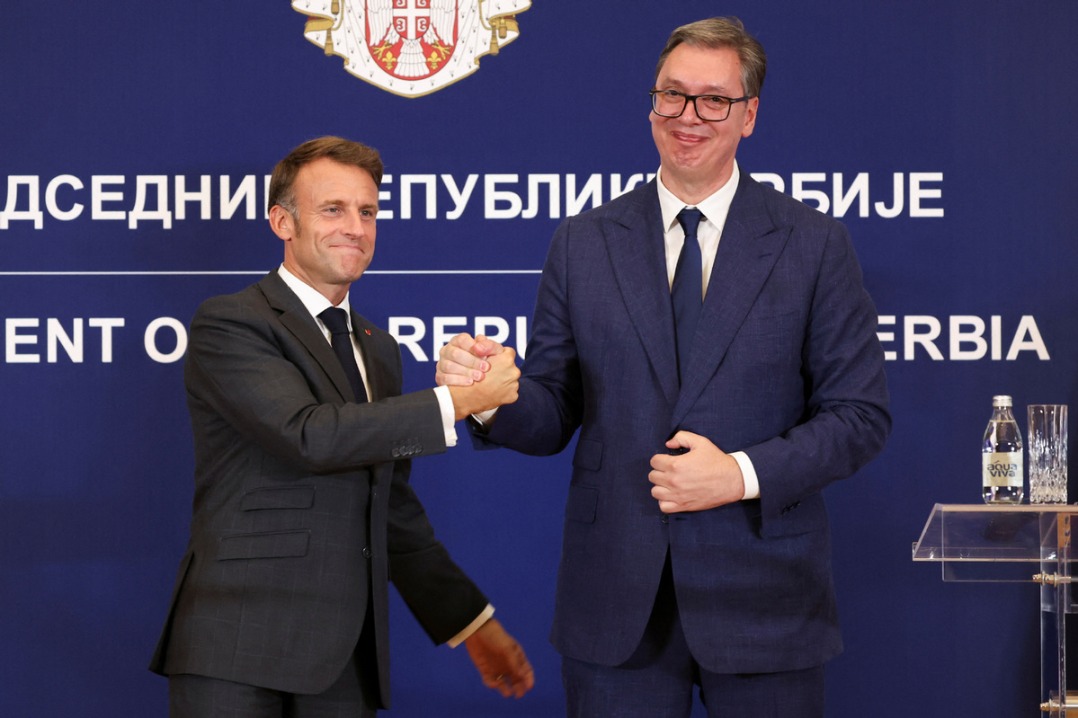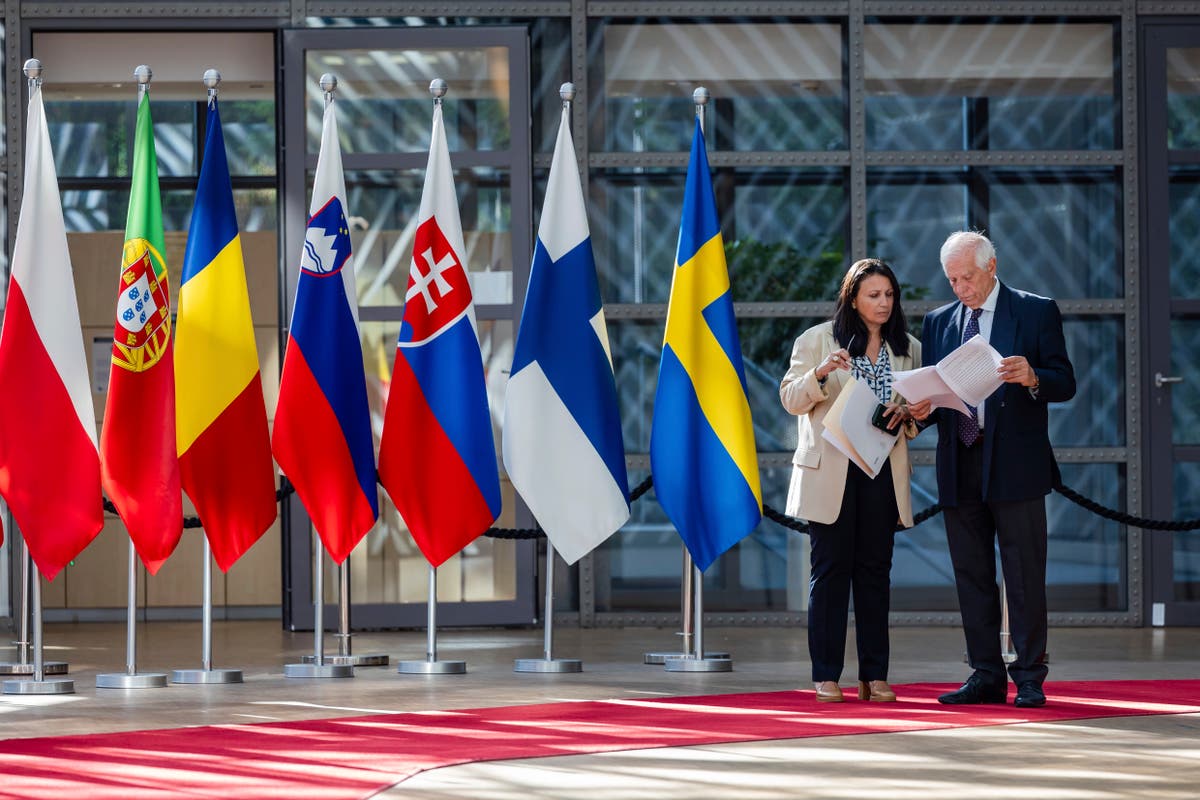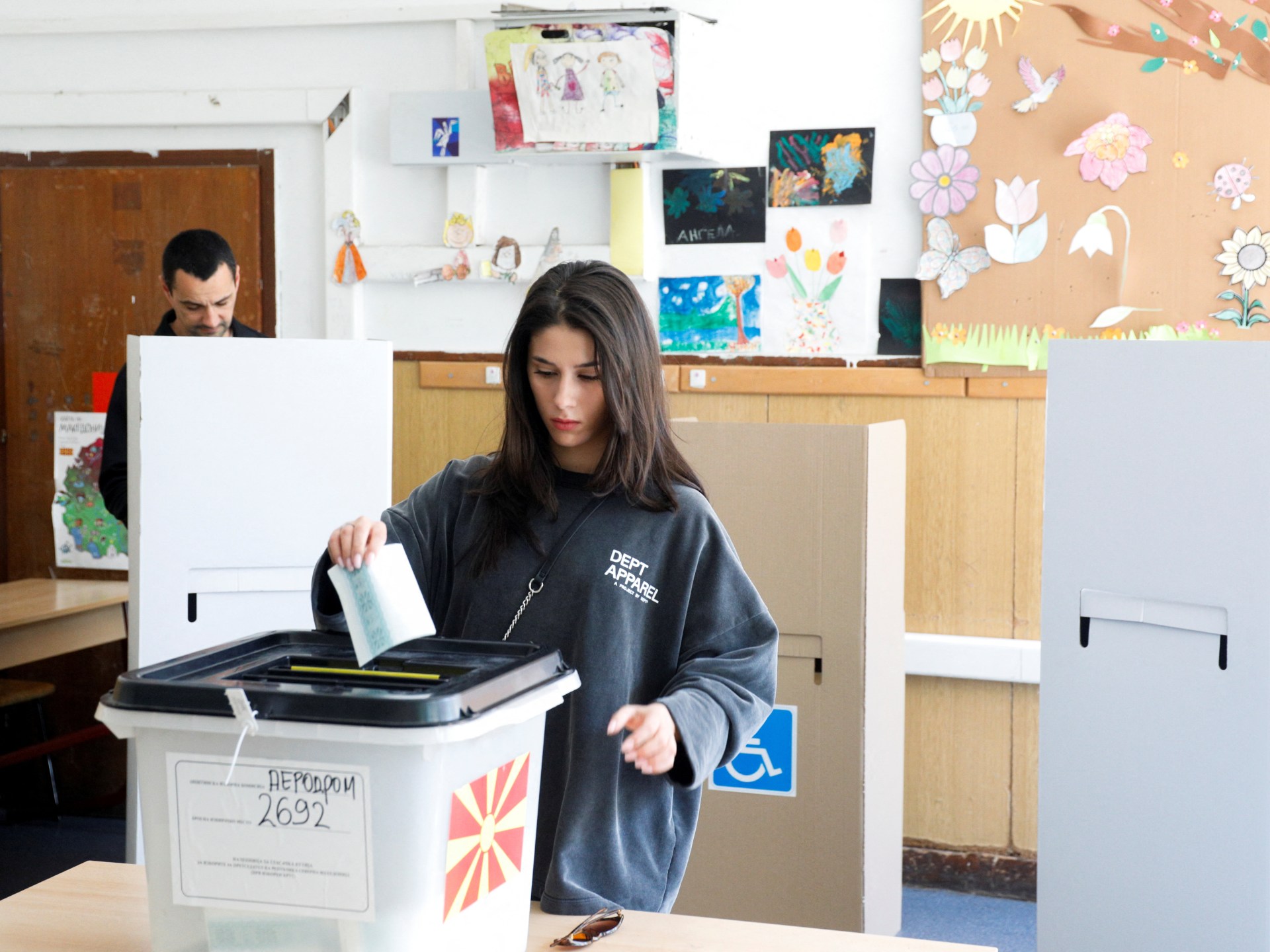)
Explained: Why the EU is keen on resolving the border issues between Serbia and Kosovo
FirstpostThe necessity of finding a lasting settlement in 2023 that may result in mutual recognition between the two states has generated significant concerns due to the worries of another bloody war in Europe The Russian invasion of Ukraine serves as a sombre reminder that Europe’s unresolved issues can reignite. In December 2022, for example, Serbian president Aleksandar Vučić openly endorsed roadblocks near the main border crossing between Kosovo and Serbia, which was ironically blocked by trucks gifted by the EU. German chancellor Olaf Scholz and French president Emmanuel Macron believe that the French and German experiences in resolving highly sensitive issues after WWII can help Serbia and Kosovo normalise relations. The Franco-German proposal offers financial rewards with a deadline of spring 2023 and guarantees that France and Germany will strive for both Serbia and Kosovo’s entrance to the EU. The conflict’s history Since Serbia’s brutal war in Kosovo in 1998-1999 and Kosovo’s 2008 proclamation of independence from Serbia, which had the support of the US and EU, the relations between the two countries have remained strained.
History of this topic
Serbia demands new elections in tense north Kosovo as well as return of Serb police and judiciary
Associated PressEU envoy urges Kosovo and Serbia to resume efforts to normalize ties through talks
Associated Press
Kosovo OKs referendums in 4 Serb-majority municipalities on whether to oust ethnic Albanian mayors
Associated PressThousands of minority Serbs protest Kosovo’s decision to abolish the Serbian dinar
Associated PressSerbia will seek a UN Security Council meeting over latest escalation of tensions with Kosovo
Associated Press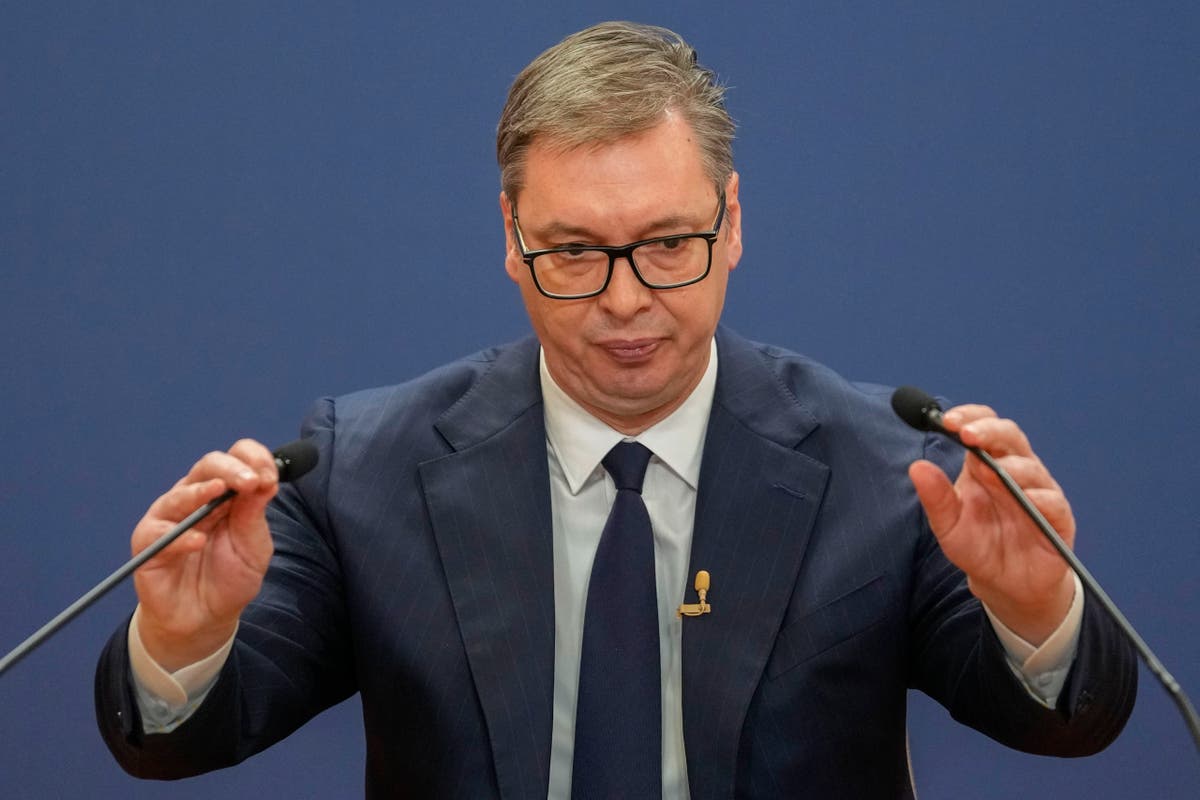
Serbia will seek a UN Security Council meeting over latest escalation of tensions with Kosovo
The IndependentKosovo will impose the use of the euro in minority Serb areas, concerning Western powers
Associated Press
EU envoy urges Kosovo and Serbia to step up normalization efforts before the bloc’s June elections
Associated Press
Ethnic Serbs in Kosovo hold a petition drive in hopes of ousting 4 ethnic Albanian mayors
Associated Press
EU envoy in surprise visit to Kosovo to push for further steps in normalization talks with Serbia
Associated PressEU chief says investment plan for Western Balkan candidate members will require reforms
Associated Press
European Union to press the leaders of Serbia and Kosovo to set decades of enmity behind them
The Independent
Vucic ‘wants war’: Kosovo PM accuses Belgrade of inciting violence
Al JazeeraWhat is behind renewed tensions between Serbia and Kosovo?
Associated Press
Kosovo mourns a slain police officer, some Serb gunmen remain at large after a siege at a monastery
The IndependentEU urges Serbia and Kosovo to respect their pledges after a meeting of leaders ends in acrimony
Associated PressKosovo’s prime minister blames EU envoy for the failure of recent talks with Serbia
Associated PressTalks between Serbia and Kosovo break down again. The EU says their hopes of joining are at risk
Associated Press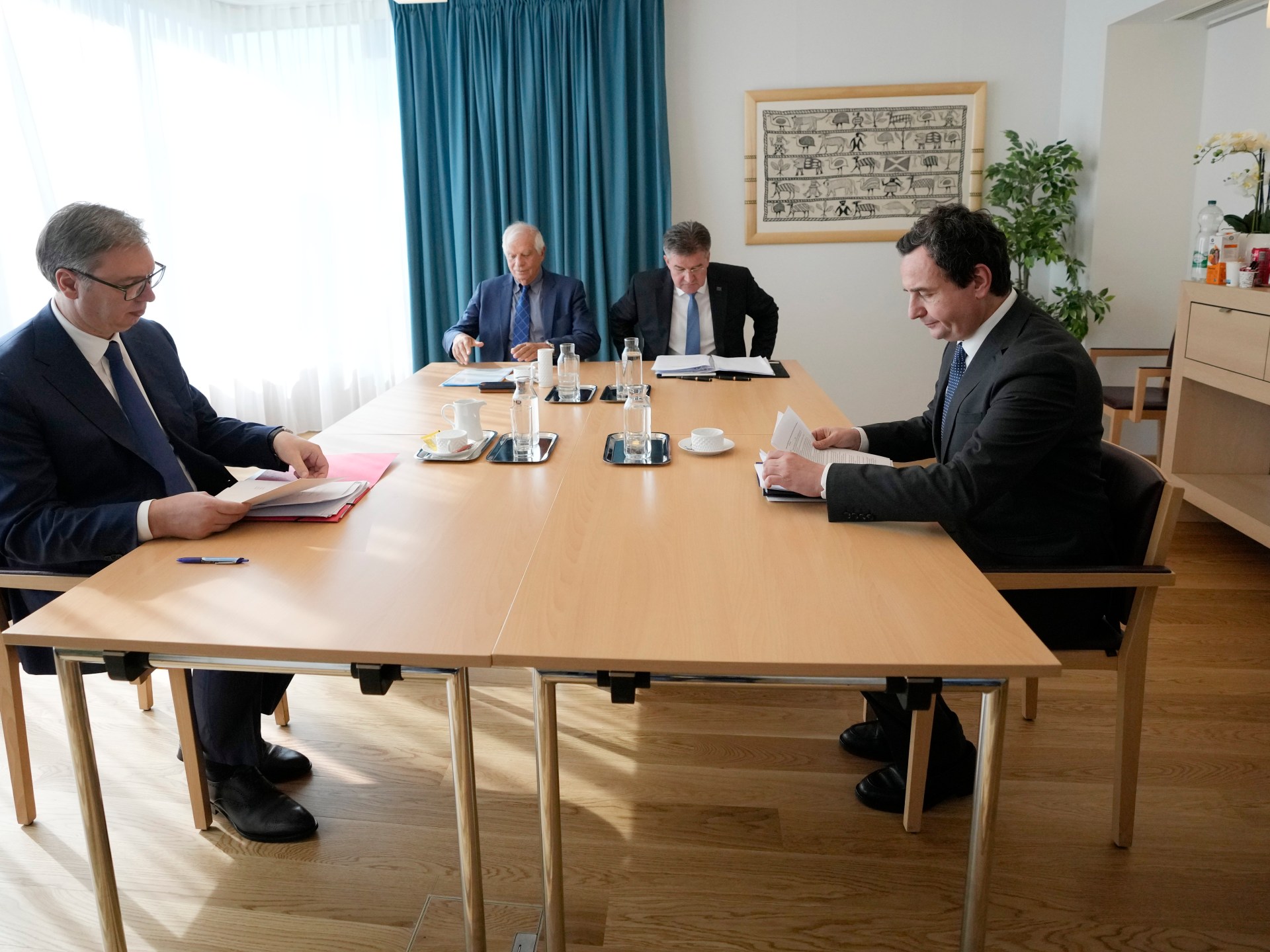
Talks between Serbia and Kosovo break down again
Al Jazeera
Does the West still want a democratic Kosovo?
Al JazeeraThe leaders of the Netherlands and Luxembourg tell Kosovo and Serbia to normalize ties for EU hopes
Associated PressSerbia again threatens armed intervention in Kosovo as tension escalates
Associated Press
France, Germany urge new elections in Kosovo following flare-up in ethnic tensions
Associated Press)
Explained: Why tensions between Kosovo and Serbia are getting worse
Firstpost
Kosovo's new mayor takes up post peacefully in minority area as West warns against ethnic violence
The Independent
Serbia, Kosovo leaders in EU-backed talks to normalize ties
The Independent
Kosovo, Serbia leaders resume talks in Brussels to normalise ties
Al Jazeera
US envoy hails ‘historic’ EU-brokered Serbia-Kosovo deal
Associated Press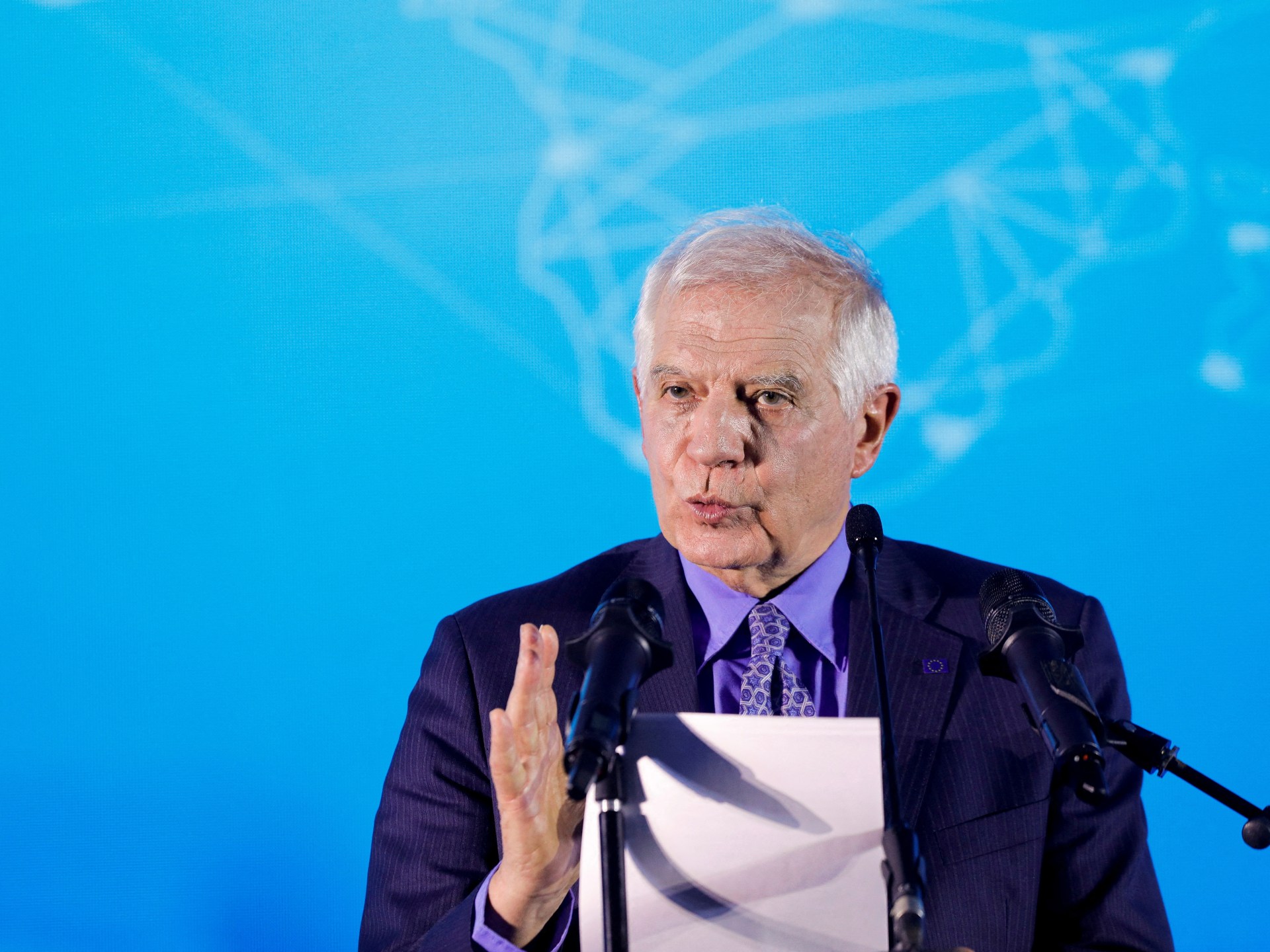
Kosovo, Serbia agree on steps to implement EU normalisation plan
Al Jazeera
Serbia, Kosovo agree on how to implement EU plan, envoy says
Associated Press
US envoy ‘optimistic’ about upcoming Serbia-Kosovo summit
Associated Press
Serb leader says he won’t sign anything during Kosovo talks
Associated Press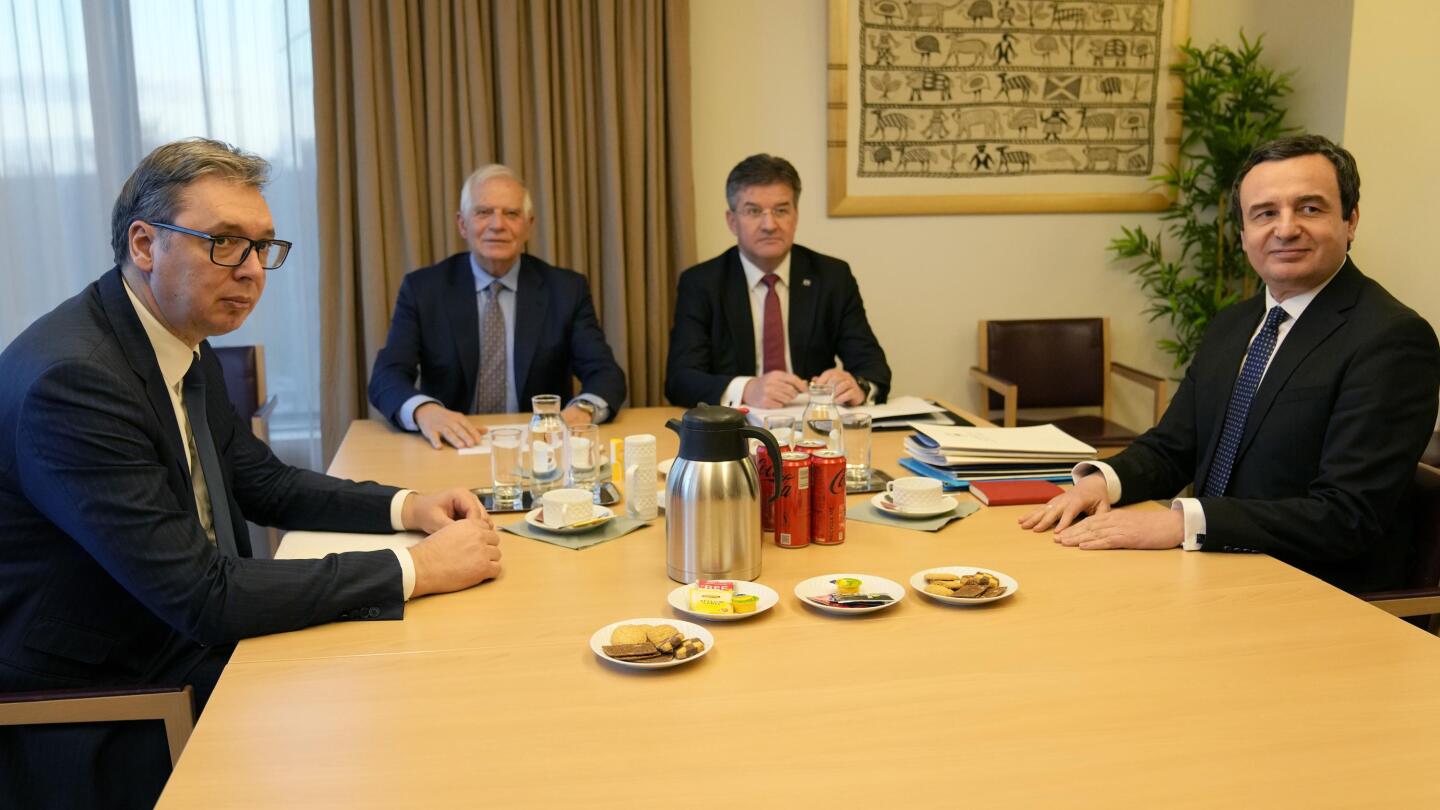
US endorses EU plan to ease Serbia-Kosovo tensions
Associated Press)
European Union publishes Kosovo-Serbia plan after tough talks
Firstpost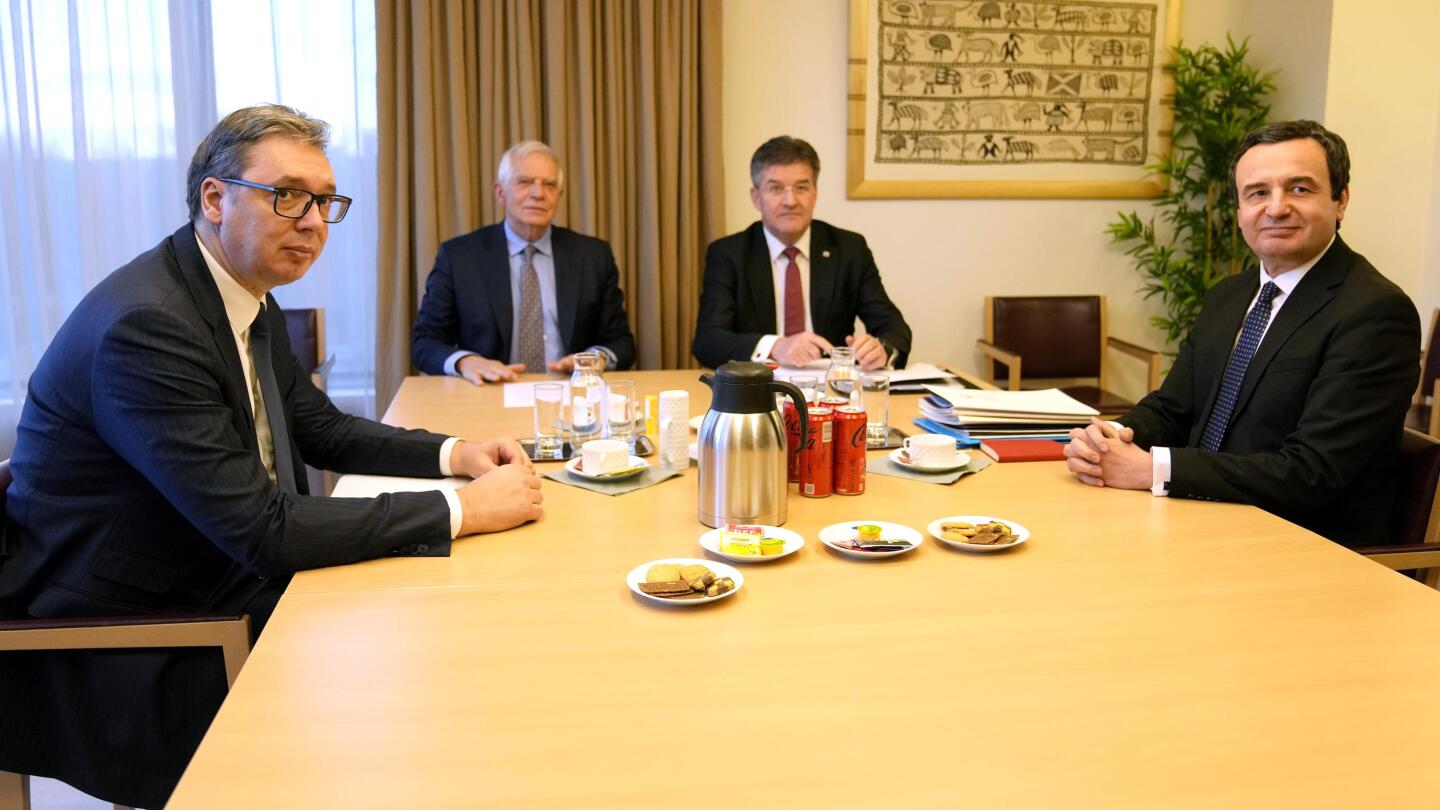
Serbia, Kosovo leaders back EU plan, top diplomat says
Associated Press
Kosovo marks 15 uneasy years of independence from Serbia
Associated Press
Kosovo marks 15 uneasy years of independence from Serbia
The Independent
Serbian right-wingers rally against Western plan for Kosovo
Associated Press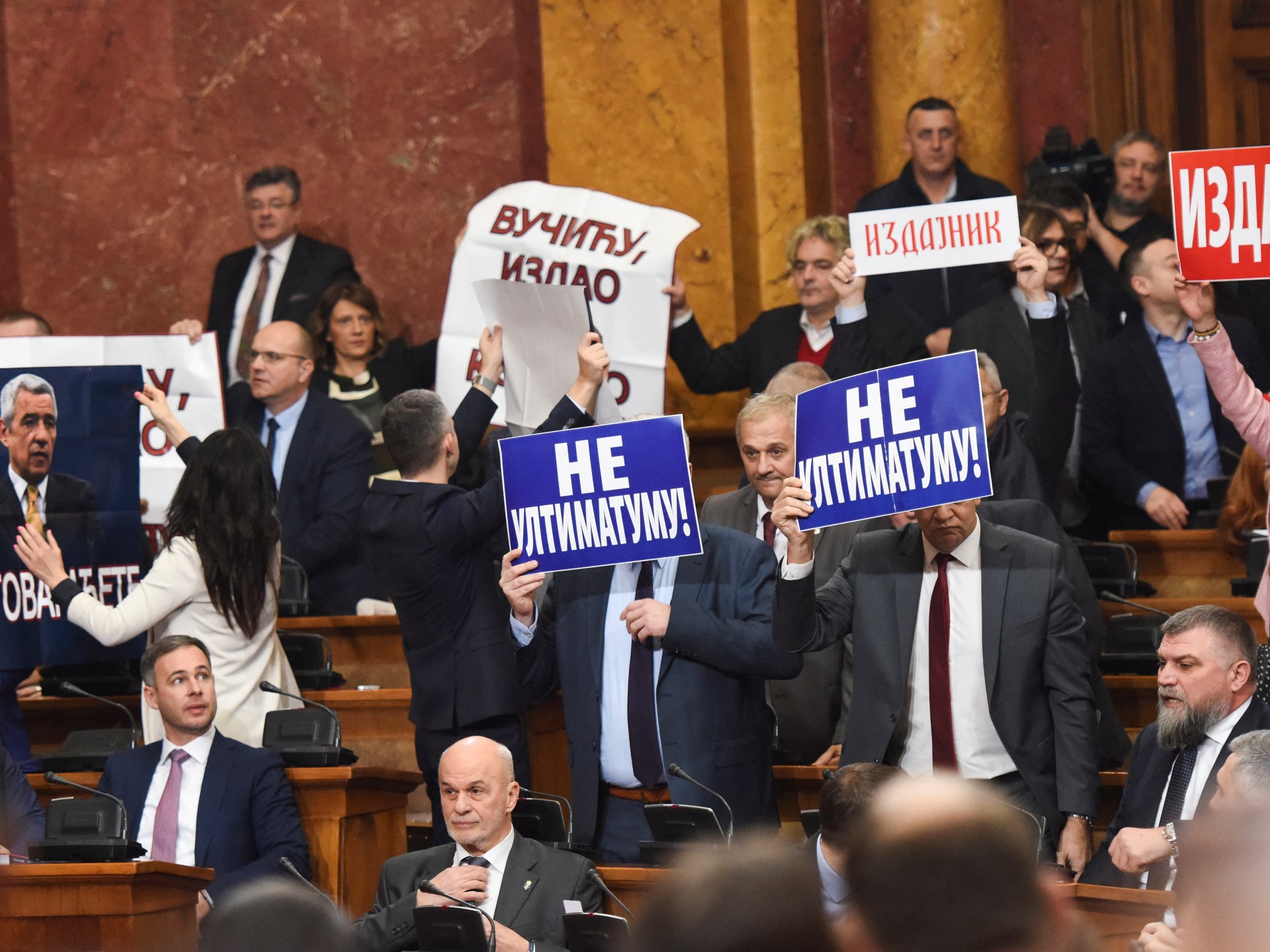
‘Ambiguous by design’: What’s in the Kosovo-Serbia deal?
Al Jazeera
Serbia could become ‘pariah’ over Kosovo, president warns
Associated Press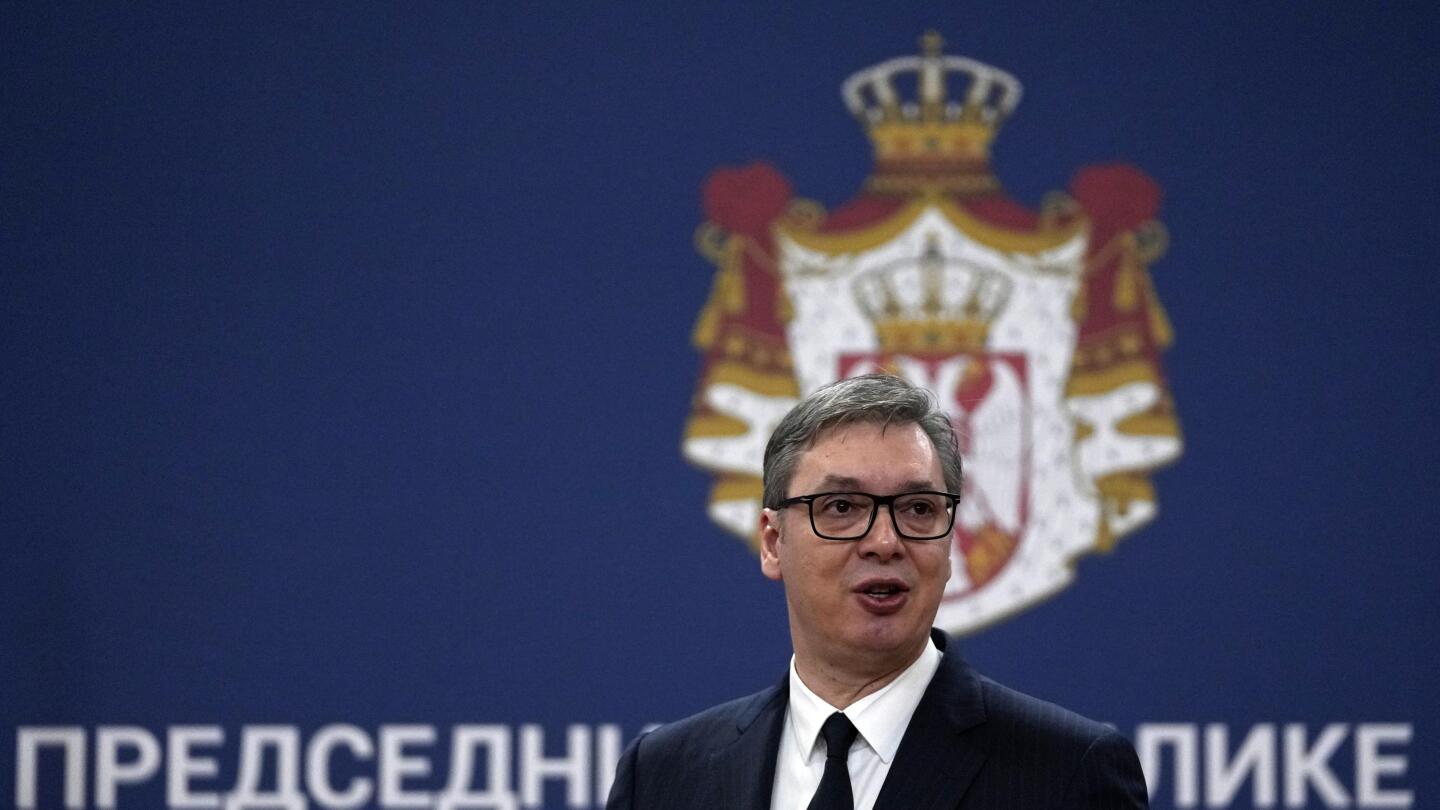
Serbian president rejects calls for sanctions against Russia
Associated Press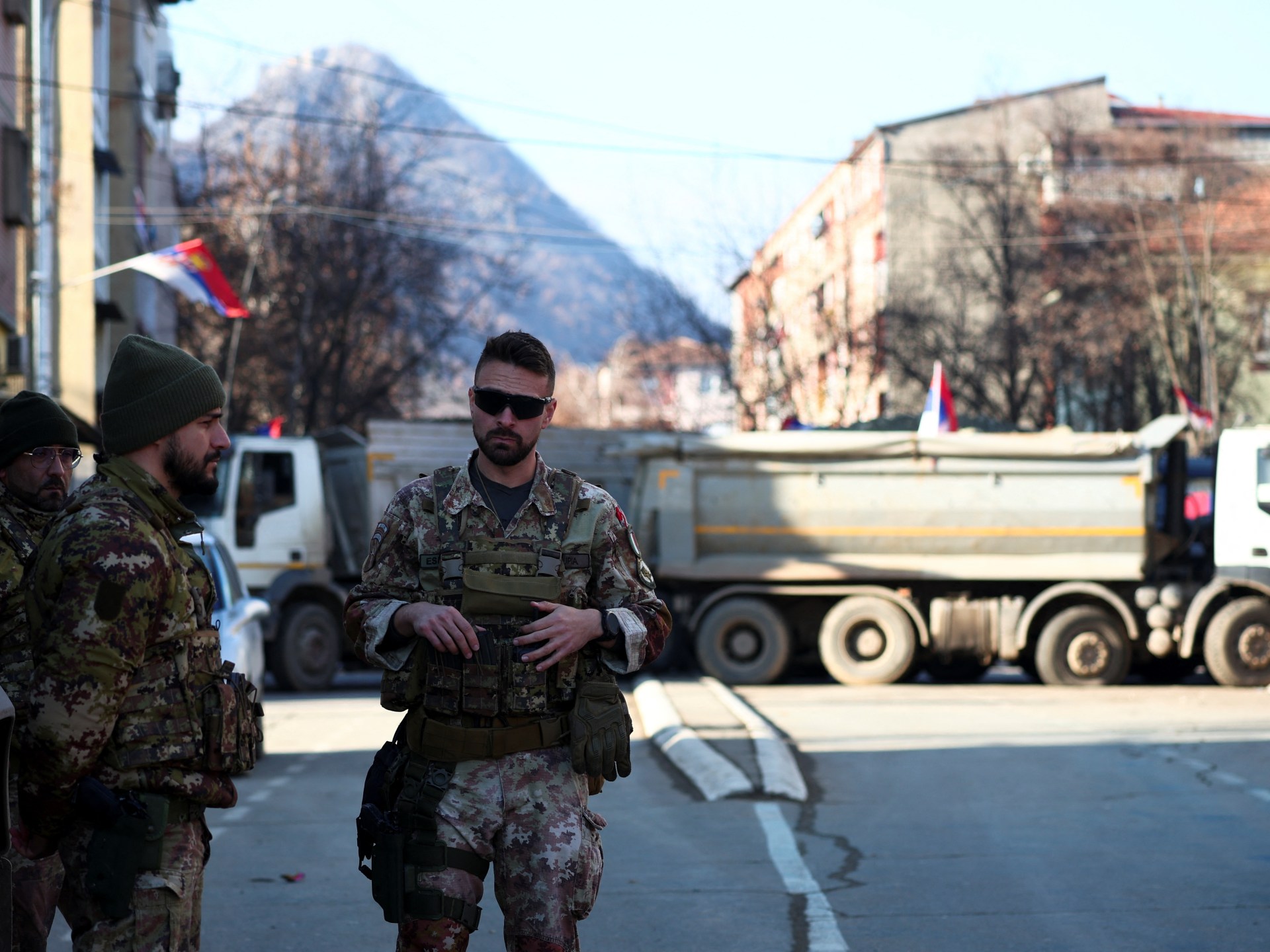
Kosovo-Serbia tensions: Mood on the ground, possible scenarios
Al Jazeera
Kosovo submits formal request to join the EU, Serbia angry
Associated Press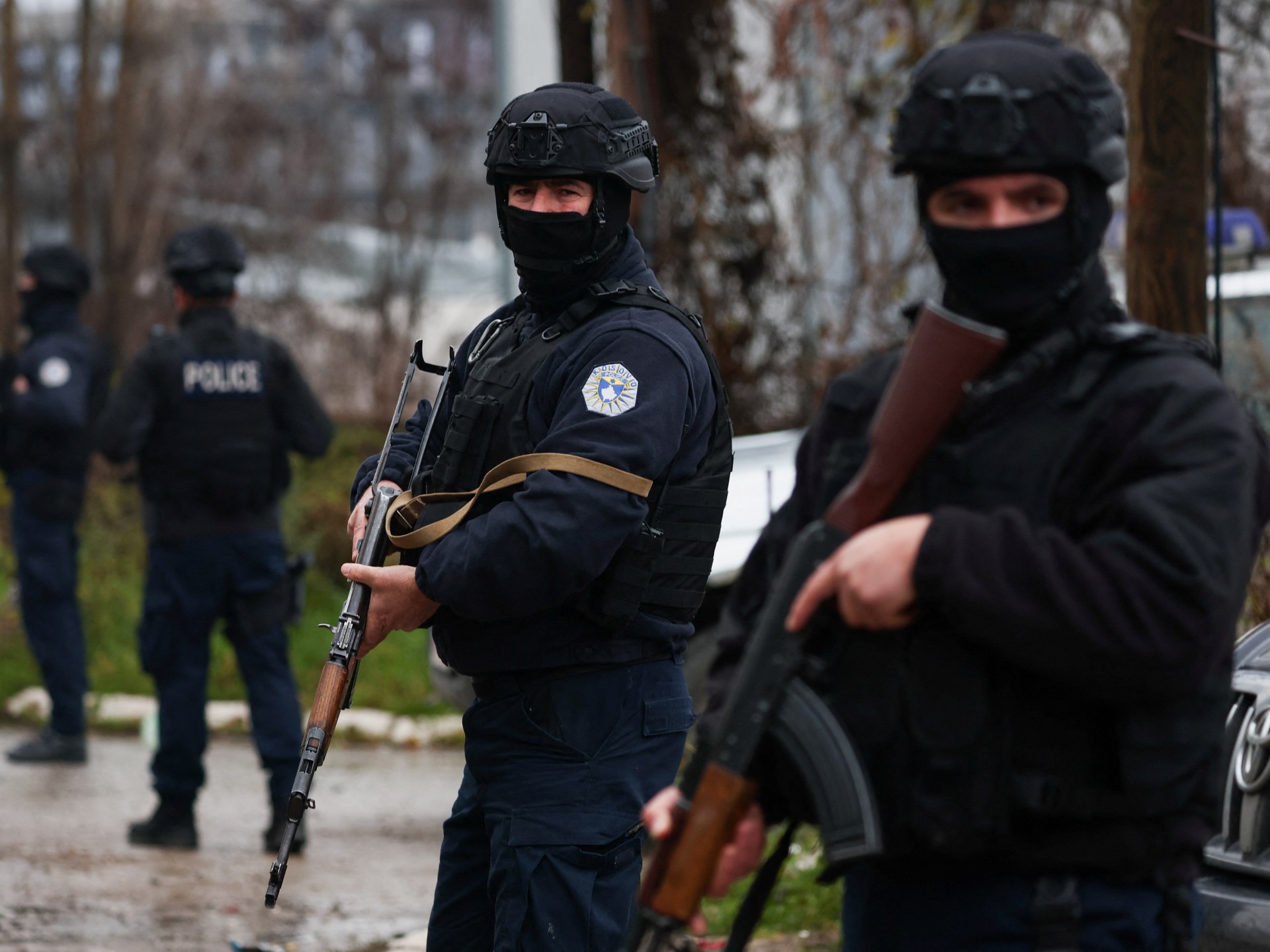
Tensions in north Kosovo – whose agenda does the flare-up serve?
Al Jazeera)
Explained: What's behind the long-running conflict between Serbia and Kosovo?
Firstpost
What is behind the violence between Serbia and Kosovo?
Al Jazeera
Serbia’s Vucic seeks NATO approval to send forces to north Kosovo
Al Jazeera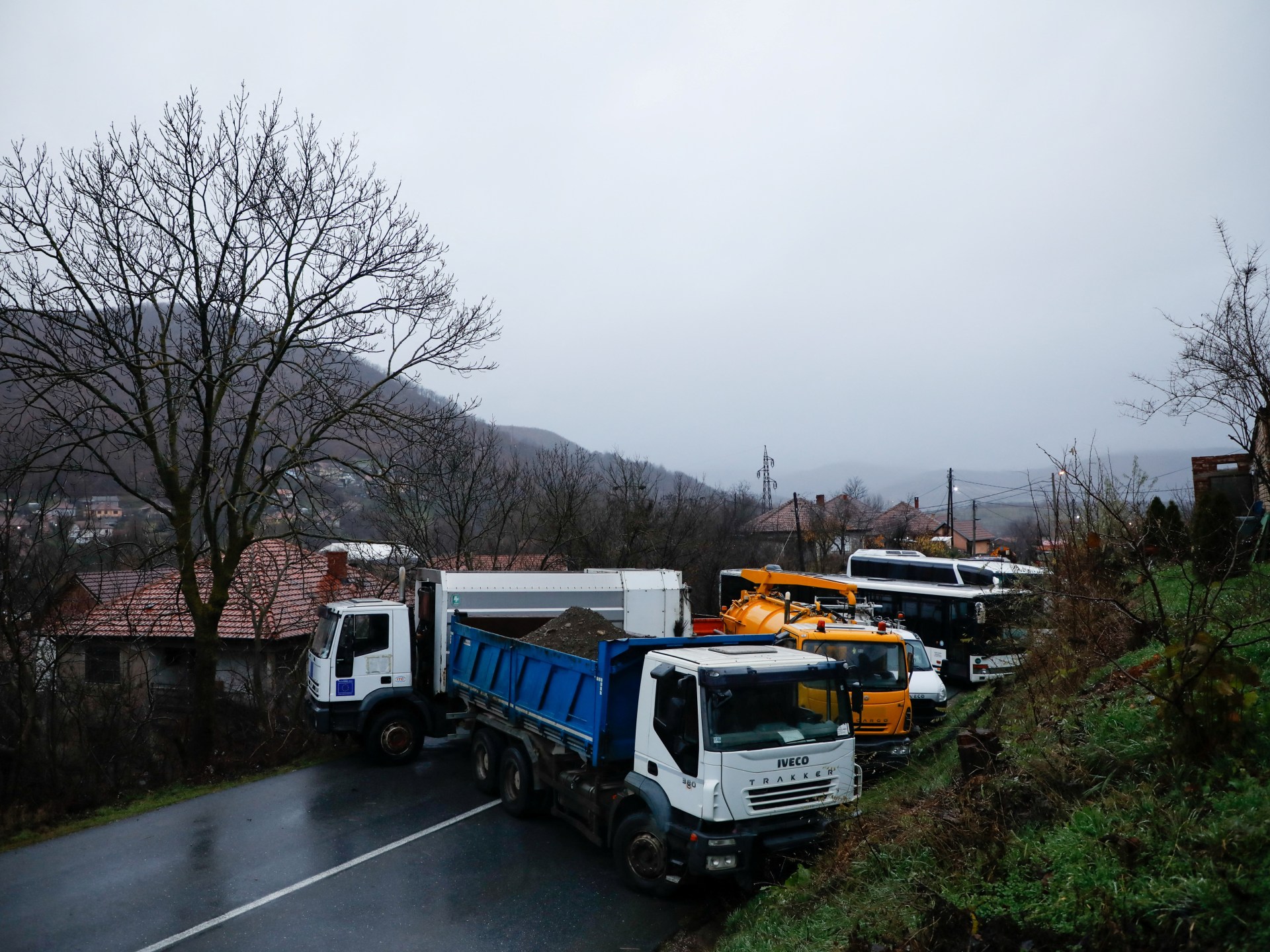
Escalating tensions after gunmen attack police in northern Kosovo
Al Jazeera
Kosovo postpones local election in ethnic-Serb-dominated north
Al JazeeraDiscover Related

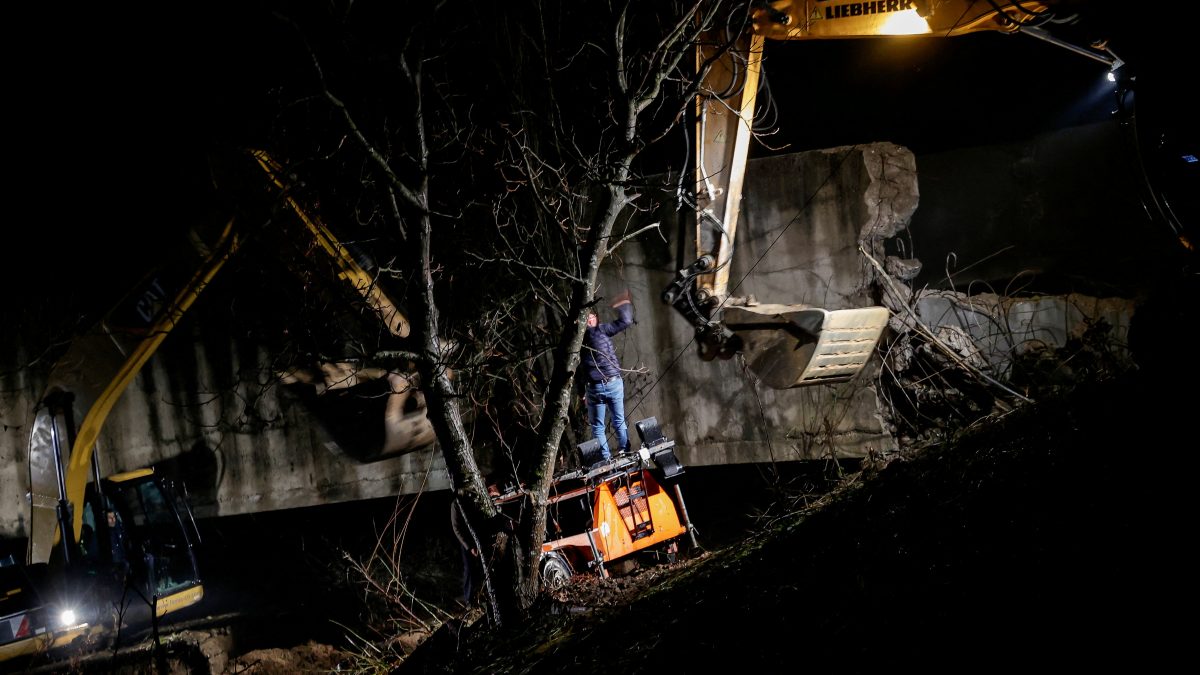)


